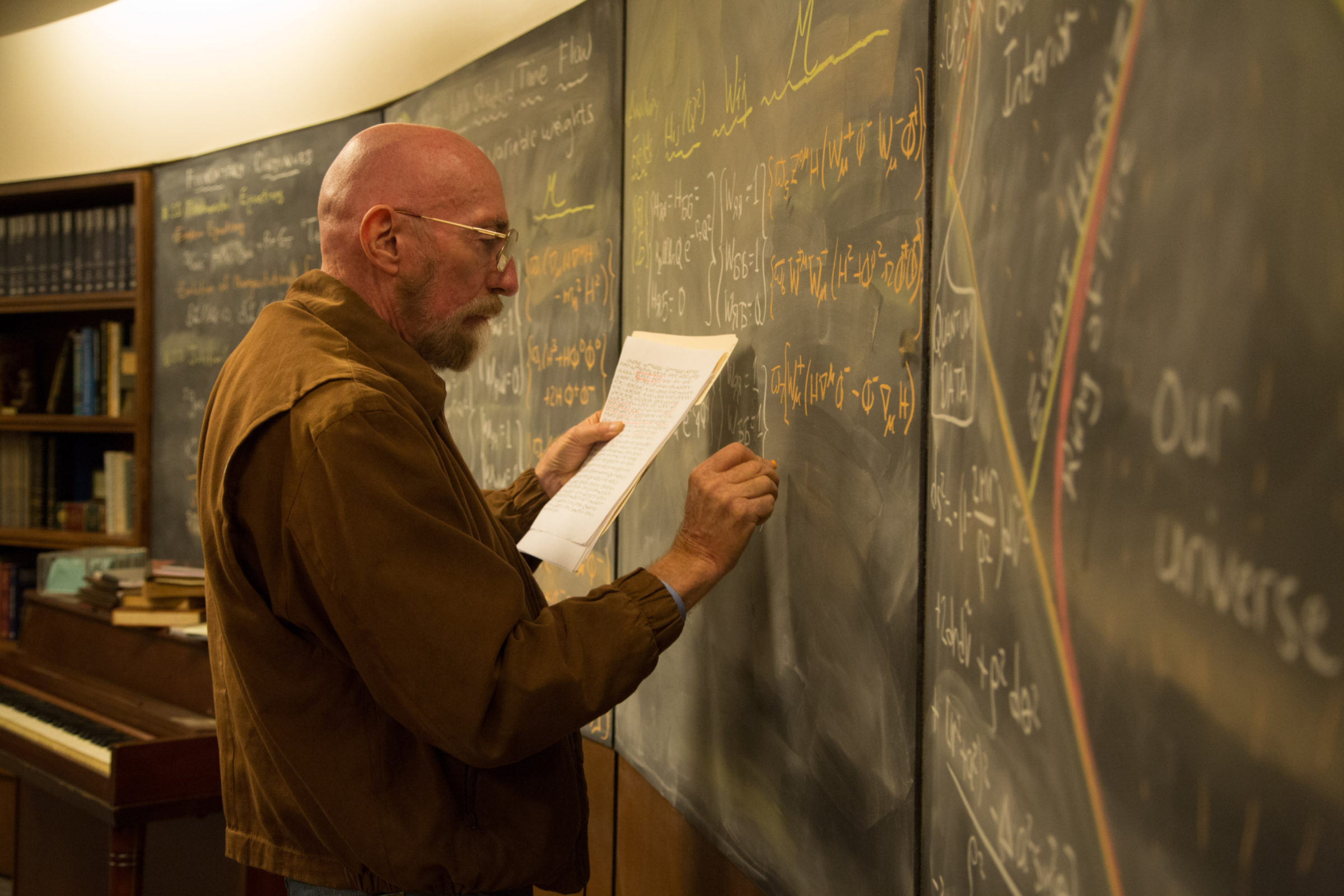Mat Kaplan • Nov 09, 2014
Interstellar: The movie that deserves to be called “Gravity”
It was my wife who realized it. We had just seen “Interstellar.” First time for her, second for me. “’Interstellar?’ That’s a terrible, misleading name for this movie,” she said, adding, “They should have called it ‘Gravity.’”

With apologies to that other film, she’s right. Gravity co-stars in this wonderful, thought-provoking movie that is outstanding science fiction, but is really about the loved ones in our lives, and what we are willing to sacrifice for them. It proposes that love is like gravity in that it transcends space and time, with suggestions that the connection between the two may be as much a physical reality as a romantic one.
I probably lost some hard science fiction fans with that last statement. Have no fear. “Interstellar” is also the most scientifically acute and accurate film of its kind since at least “Contact,” and possibly since “2001.” Like Kubrick’s 1968 masterpiece, it combines solid science with soaring speculation. There has never been a better big screen exploration of the downside of relativistic time dilation. Some dramatic license is taken, but director Christopher Nolan seems to have paid close attention to his science advisors, including the great physicist, Kip Thorne. (Thorne will be my guest on an upcoming episode of Planetary Radio.)

There is another theme. It’s familiar to all members of the Planetary Society, and probably to everyone else who has visited this website more than once. “Interstellar” embraces the spirit and even the necessity of exploration. Its main character has nothing but disdain for a society that has turned its back on the passion, beauty and joy of this human endeavor that many of us believe is essential to our survival.

I first saw “Interstellar” at the glorious Chinese Theater in Hollywood. It was gorgeous in IMAX, and the sound, especially when the characters were busy avoiding disaster, was bone-rattling. But much of the dialog was lost in the music and effects, at least to my poor ears. I was left with a vague feeling that the film was flawed, though still magnificent. I’m very happy to report that watching it again in a standard multiplex box was an even more enjoyable and profound experience. See it with someone you can count on for a great conversation about the grand moral issues and majestic cosmic wonders that put this movie among the very best in its genre. Ad Astra, indeed!
Support our core enterprises
Your support powers our mission to explore worlds, find life, and defend Earth. You make all the difference when you make a gift. Give today!
Donate

 Explore Worlds
Explore Worlds Find Life
Find Life Defend Earth
Defend Earth

